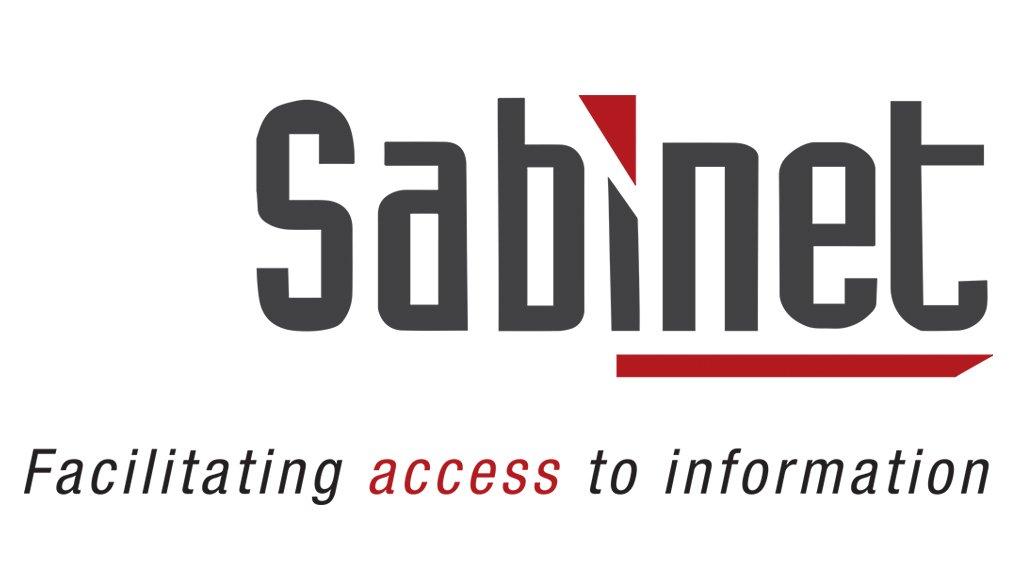What businesses need to know
The South African Revenue Service (SARS) has implemented crucial amendments to the Customs and Excise Act Rules, as published in the Government Gazette No. 52255 on 11 March 2025. These changes, which apply retrospectively from 19 February 2025, have significant implications for businesses affected by excise duties, including those in the alcohol, tobacco, and fuel industries.
The amendments to the Customs and Excise Rules are made in terms of the Customs and Excise Act, 1964.
Key amendments: What has changed?
The amendments introduce two major updates.
Firstly, a clear definition of Budget Day has been inserted into Rule 58A.01. It is now officially defined as: “The date of the national annual budget contemplated in section 27(1) of the Public Finance Management Act, 1999 (Act 1 of 1999).” This amendment aligns tax and customs regulations with national budgetary processes, ensuring businesses have a clear reference point when planning for duty changes.
Secondly, new anti-forestalling measures have been introduced as per Rule 58A.03. Governments may implement measures to counter tax forestalling, such as restrictions on the timing of transactions or the quantities of goods that can be moved before a tax increase.
Definition of forestalling: When a government announces that it will increase taxes on a particular good, service, or activity, individuals or businesses may anticipate the change and take actions to minimise their tax burden. It includes the practice of bringing forward transactions or activities to benefit from lower tax rates before a pre-announced tax increase takes effect. For example, if a government announces an increase in excise duties (taxes on goods like tobacco or alcohol), businesses might increase their sales or clear inventory before the new rates are implemented.
In this instance, the South African government has inserted a new Rule 58A.03 to specify the controlled period during which anti-forestalling measures apply. The controlled period starts on 1 December of any year or 90 days prior to Budget Day, whichever is later. It ends when the rate of excise duty is increased on Budget Day. This regulation prevents businesses from stockpiling excisable goods in anticipation of tax increases, thereby ensuring compliance with the revenue collection framework.
These amendments reinforce the South African government’s efforts to streamline tax compliance and prevent revenue losses due to early stockpiling strategies.
What this means for businesses
These changes require businesses in excise-related industries to stay vigilant. Staying compliant means understanding how these rules impact logistics, supply chain management, and financial planning—particularly around Budget Day.
Opportunities presented by Treasury’s Budget Facility for Infrastructure (BFI)
Furthermore, National Treasury’s recent announcement regarding the Budget Facility for Infrastructure (BFI) signals an increased focus on fiscal responsibility and large-scale infrastructure investments. The BFI serves as an appraisal review process for assessing large scale infrastructure proposals exceeding R1 billion that require government funding to bridge a viability gap.
As part of the reconfigured BFI, multiple bid windows are now planned rather than a single yearly window. The first BFI window is now open, with applications closing on 16 April 2025. Three additional BFI windows planned for the 2025/26 financial year.
How Sabinet’s South African National Legislation helps you stay ahead
These developments emphasise the need for businesses to stay informed and strategically aligned with evolving regulatory and fiscal policies. Regulatory amendments highlight the critical need for businesses to have timely access to accurate legal and policy information. This is where Sabinet’s South African National Legislation (NetLaw) offering becomes an essential tool.
Benefits include: timeous legislative updates; access to amendments to acts and regulations, new acts and regulations published during the previous week; as well as highlighted legislative amendments—making it easy to spot the latest amendments. The user can also view historical amendments to an Act. At the top of each Act you will find a historical view of all amendments to that Act. The user will find convenient links to specific, relevant documents such as Government Gazette Notices, amendment acts, judgments etc.
If you would like to know more about NetLaw, visit the Sabinet website and complete this demo request form.
Another useful service is Sabinet’s Customised Monitoring Service (CMS), which are targeted summary reports on South African Government policy, legislation, and regulatory information. Clients customise their CMS service based on specific interests or areas of practice. The service acts as an early warning system of information gathered from verified legal, governmental, and parliamentary sources.
With regulatory frameworks continuously evolving, access to reliable, up-to-date legal information is crucial for compliance and strategic business planning. Sabinet South African National Legislation (NetLaw) keeps you informed and up to date with regulatory changes.
Issued by Sabinet
EMAIL THIS ARTICLE SAVE THIS ARTICLE ARTICLE ENQUIRY FEEDBACK
To subscribe email subscriptions@creamermedia.co.za or click here
To advertise email advertising@creamermedia.co.za or click here











